Optimal Timing for Lanai Screen Installations
Lanai screen installations are most effective when performed during specific times of the year to ensure optimal durability and ease of installation. Weather conditions, humidity levels, and temperature fluctuations can impact the quality and longevity of the screens. Planning installation during periods of mild weather minimizes delays and complications.
Spring offers moderate temperatures and lower humidity, making it ideal for installing lanai screens without weather-related interruptions.
While summer provides longer daylight hours, high temperatures and humidity can affect materials and installation comfort. Proper planning is essential.
Fall typically features cooler weather and less rain, providing a suitable window for installation before winter.
Winter installations are possible in milder climates, but colder temperatures and potential frost can pose challenges in some regions.
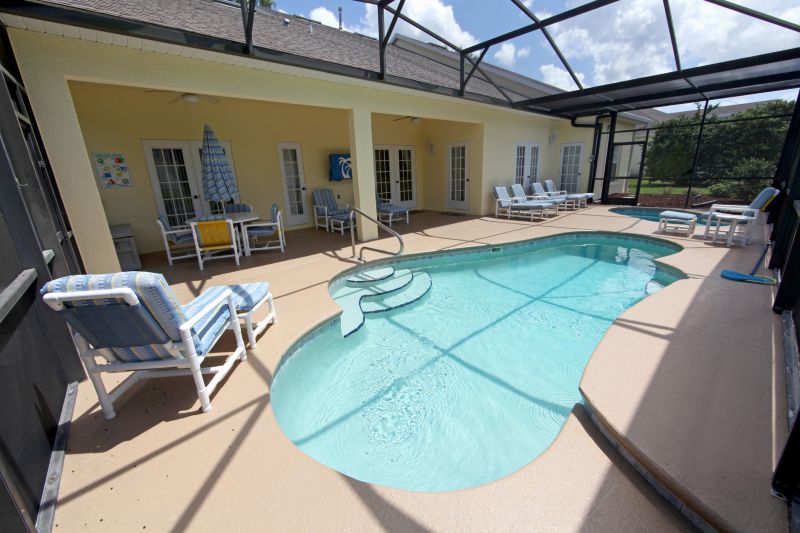
Ways to make Lanai Screen Installations work in tight or awkward layouts.
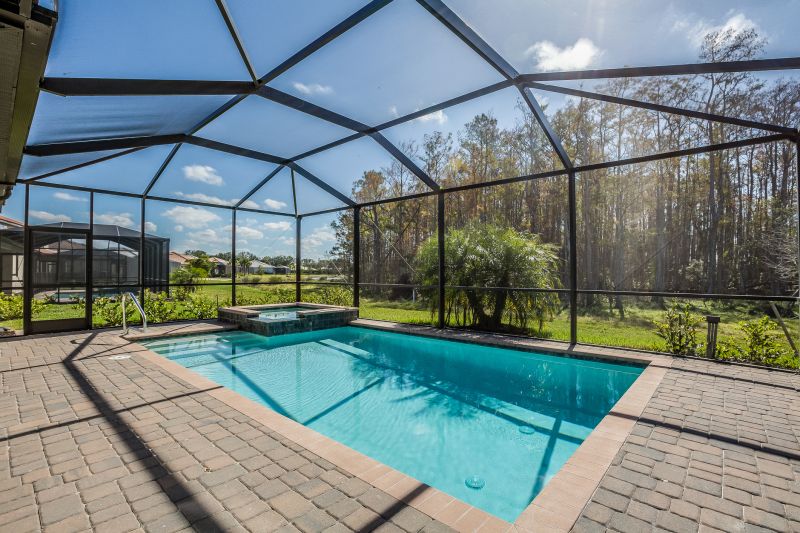
Popular materials for Lanai Screen Installations and why they hold up over time.
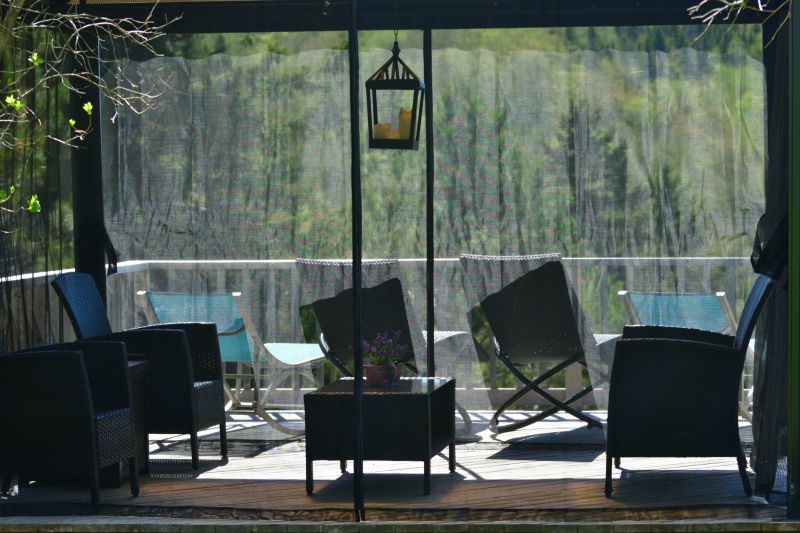
Simple add-ons that improve Lanai Screen Installations without blowing the budget.
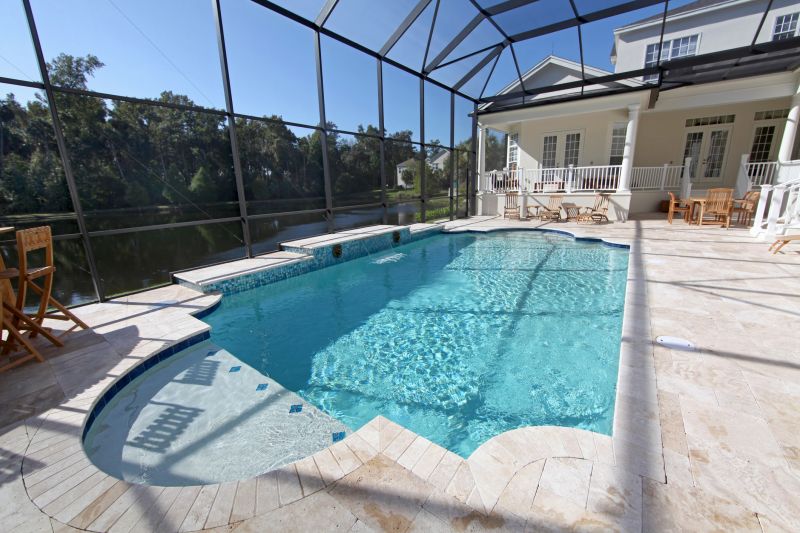
High-end options that actually feel worth it for Lanai Screen Installations.
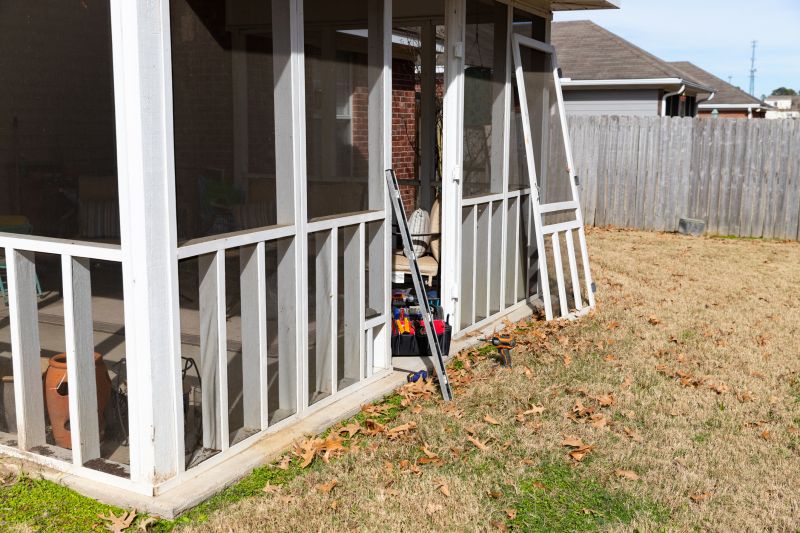
Finishes and colors that play nicely with Lanai Screen Installations.
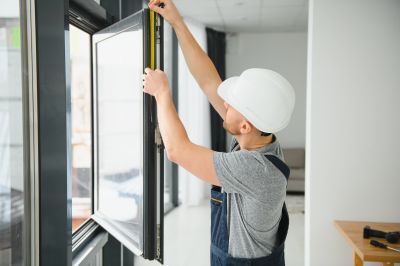
Little measurements that prevent headaches on Lanai Screen Installations day.
Lanai screen installations involve attaching durable mesh screens to outdoor structures, providing protection from insects while allowing airflow. Proper timing ensures that the materials are installed under optimal conditions, reducing the risk of damage or poor adhesion. The process typically includes measuring, cutting, and securing screens with frames or tracks, which can be completed efficiently during suitable weather periods.
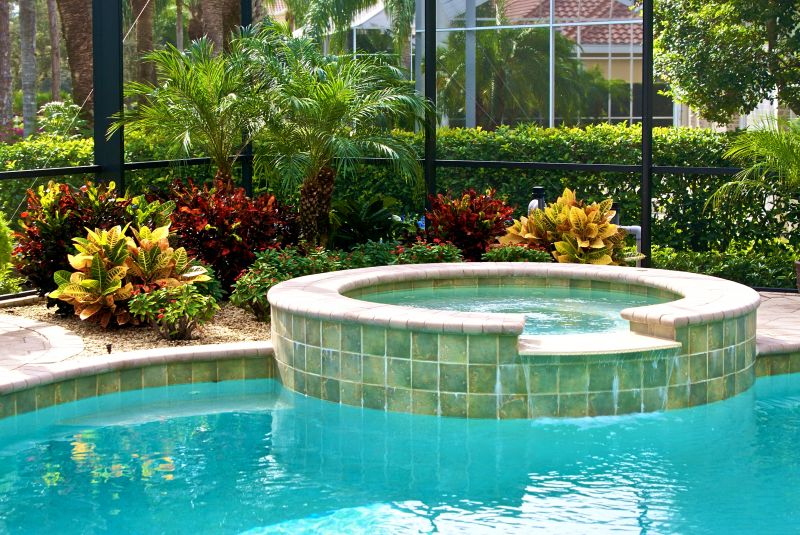
A 60-second routine that keeps Lanai Screen Installations looking new.
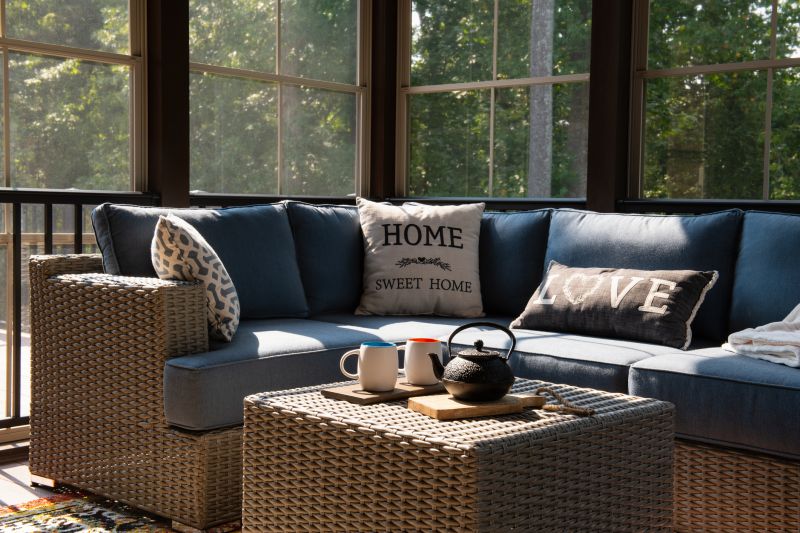
A frequent mistake in Lanai Screen Installations and how to dodge it.
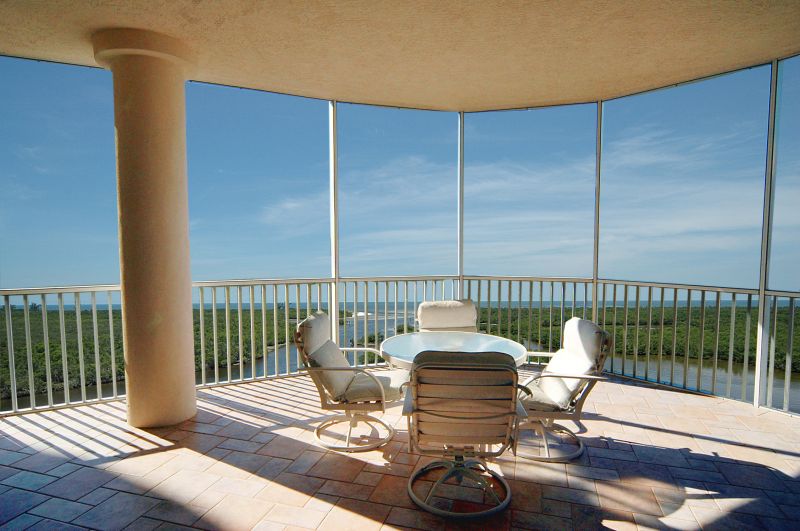
Small tweaks to make Lanai Screen Installations safer and easier to use.
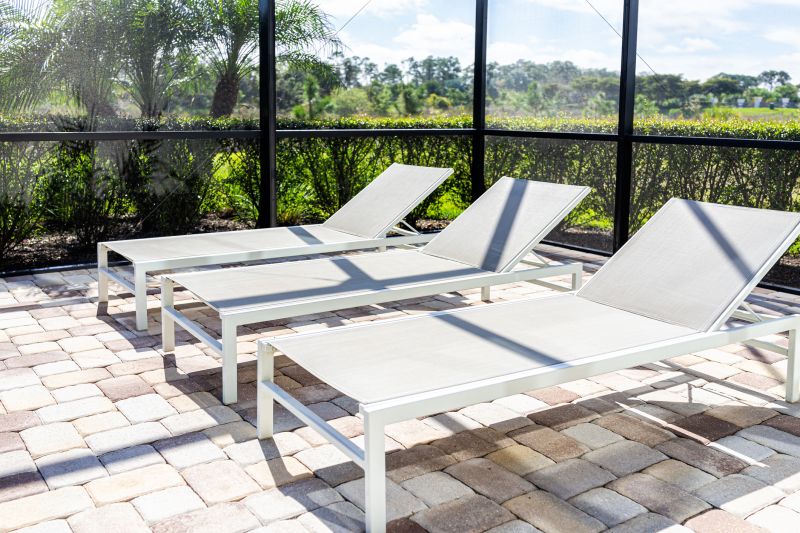
Lower-waste or water-saving choices for Lanai Screen Installations.
| Season | Ideal Conditions |
|---|---|
| Spring | Moderate temperatures, low humidity, minimal rain |
| Summer | Longer days, but high temperatures and humidity |
| Fall | Cooler weather, less rain, good for installation |
| Winter | Mild climates suitable, avoid frost-prone areas |
Choosing the right time for lanai screen installation can enhance durability and reduce the need for repairs. Seasonal considerations help ensure that the screens are installed under conditions that minimize material stress and maximize lifespan. Proper planning around weather patterns and climate conditions is essential for a successful installation process.
Interested in scheduling a lanai screen installation? Filling out the contact form can provide detailed information and assistance tailored to specific needs. Proper timing and preparation contribute to a seamless installation experience and long-lasting results.



